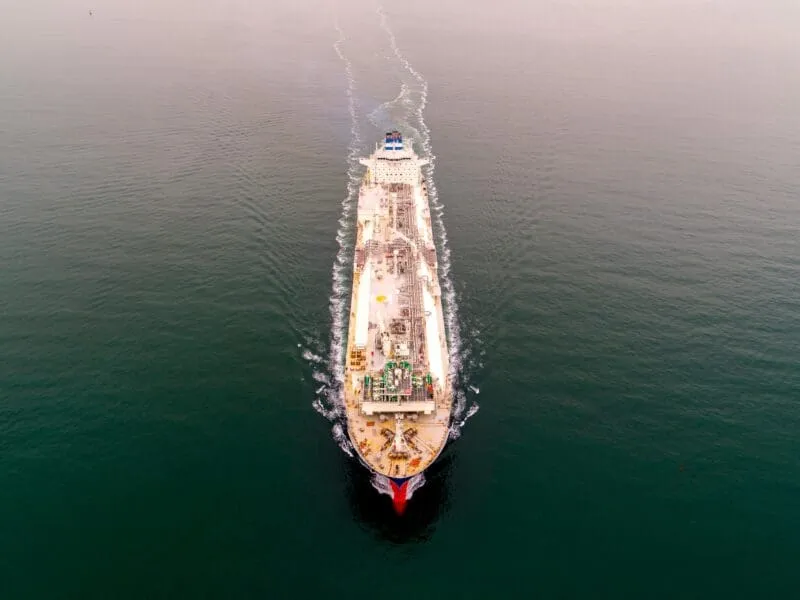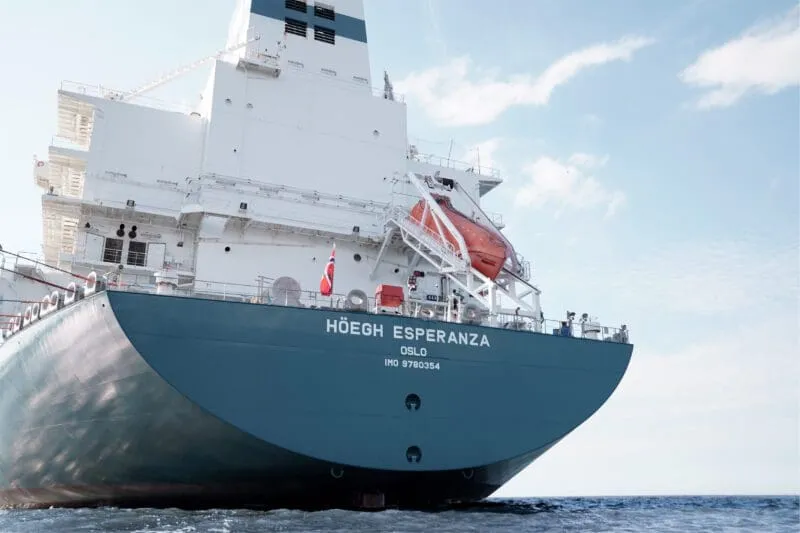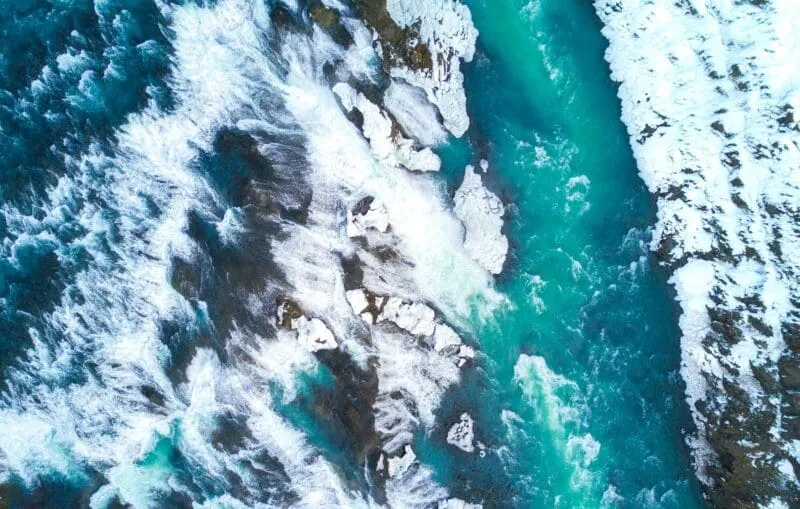Where we’re focusing

Where we’re focusing
Climate
Höegh Evi has set an ambitious goal to reduce our total scope 1 carbon emissions by 50% by 2030 (versus 2020 baseline). We remain steadfast in our commitment to meeting this target through implementing energy efficiency management plans and ensuring efficient operations. Other contributions:
- We have a modern and efficient fleet
- All vessels have a Ship Energy Efficiency Management Plan (SEEMP) ensuring continuous improvement
- All vessels can run on natural gas, which has the lowest CO2 emissions of all commercially available marine fuels
- Continuing the digitalisation efforts and emission monitoring enhancements
- Continuous monitoring of new decarbonization technologies coming into the market
- Strong collaboration with customers and partners to optimise operations and decarbonization solutions
- Improved design for future conversions and newbuildings

Biodiversity and pollution
Höegh Evi strives to limit any negative impact our operations might have on the environment and biodiversity, particularly on marine ecosystems. Our continuous performance monitoring ensures we are prepared to respond to changes in environmental guidelines and regulations. We proactively look for ways to be more environmentally friendly and have implemented a range of measures, including:
- Zero waste to sea policy
- Policies and measures to prevent spills to sea
- ISO 14001 (Environmental Management) certification for all our vessels
- Gas venting policy
- Ensuring our vessels operate on compliant fuel in Environmental Critical Areas (ECAs)

Resource use
Höegh Evi recognises its responsibility to manage resources sustainably and proactively adopt circular economy practices across its operations, notably in vessel construction, maintenance, and asset lifecycle management.
- All FSRU’s built after 2021 have the clean and the recyclable class notation
- We actively pursue repurposing projects for our assets which may prolong their life
- All vessels maintain a detailed inventory of Hazardous Materials (IHM)
- We prioritize refurbishment and reuse over disposal in our procurement practices
- We have policies in place which govern our actions from procurement to disposal, including a responsible ship recycling policy
Explore further